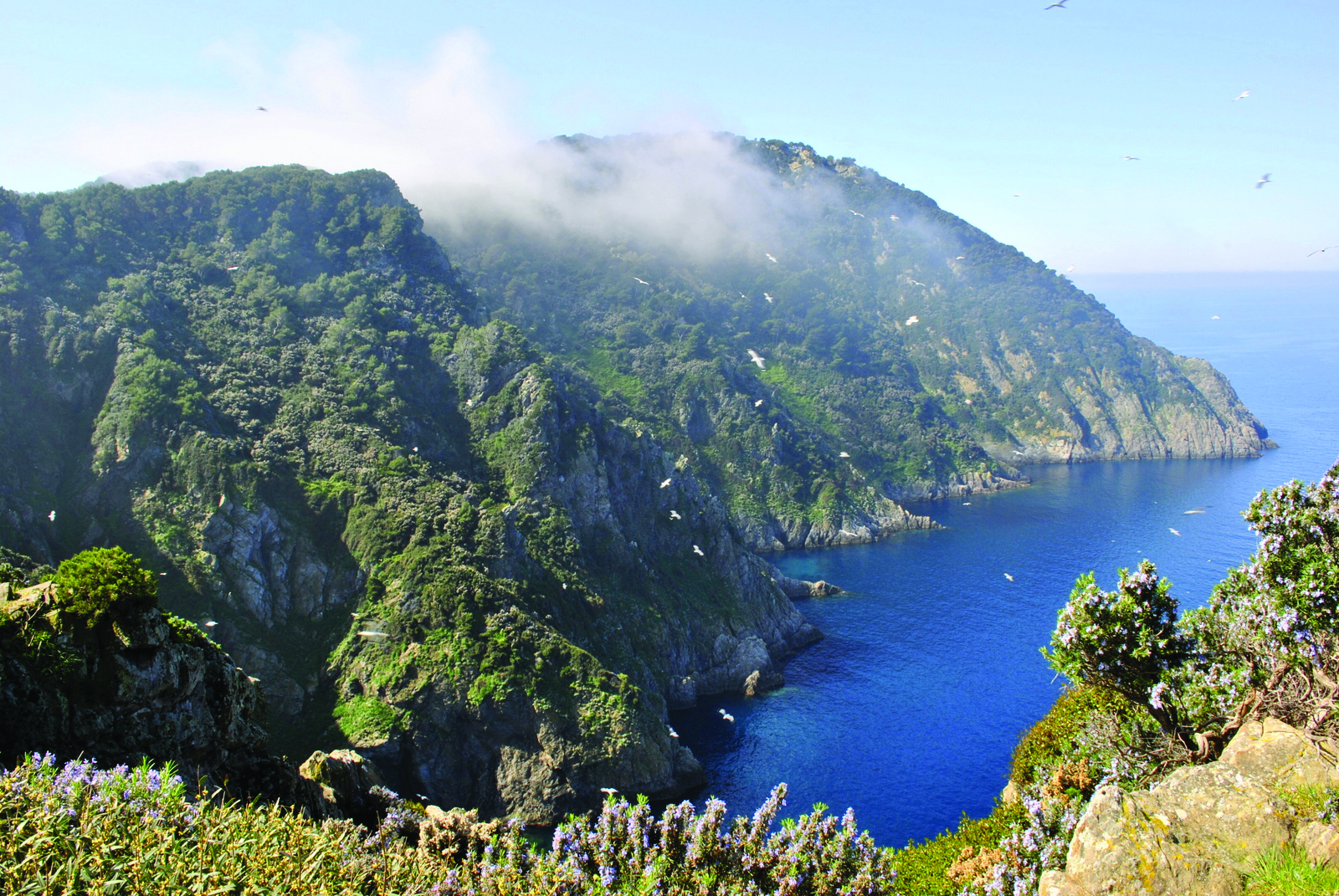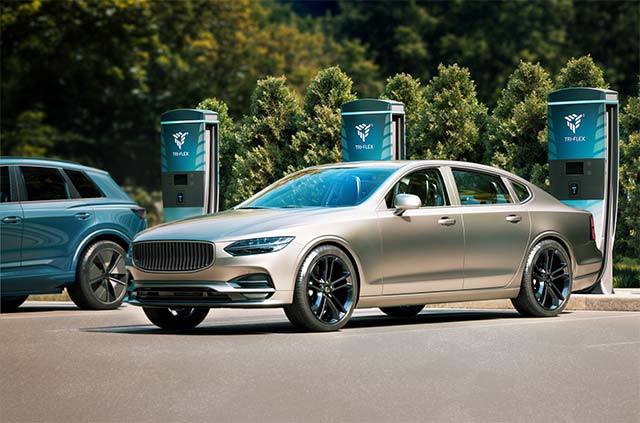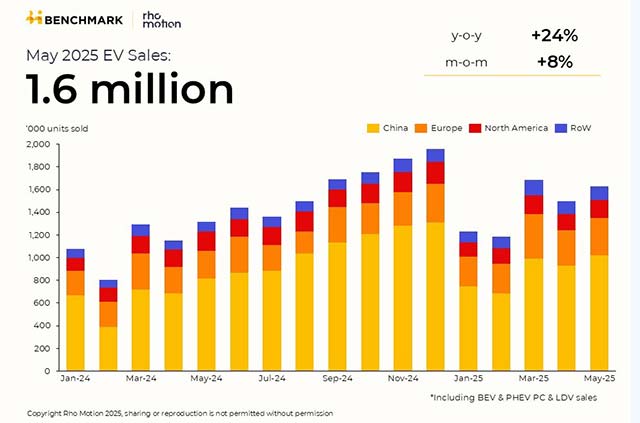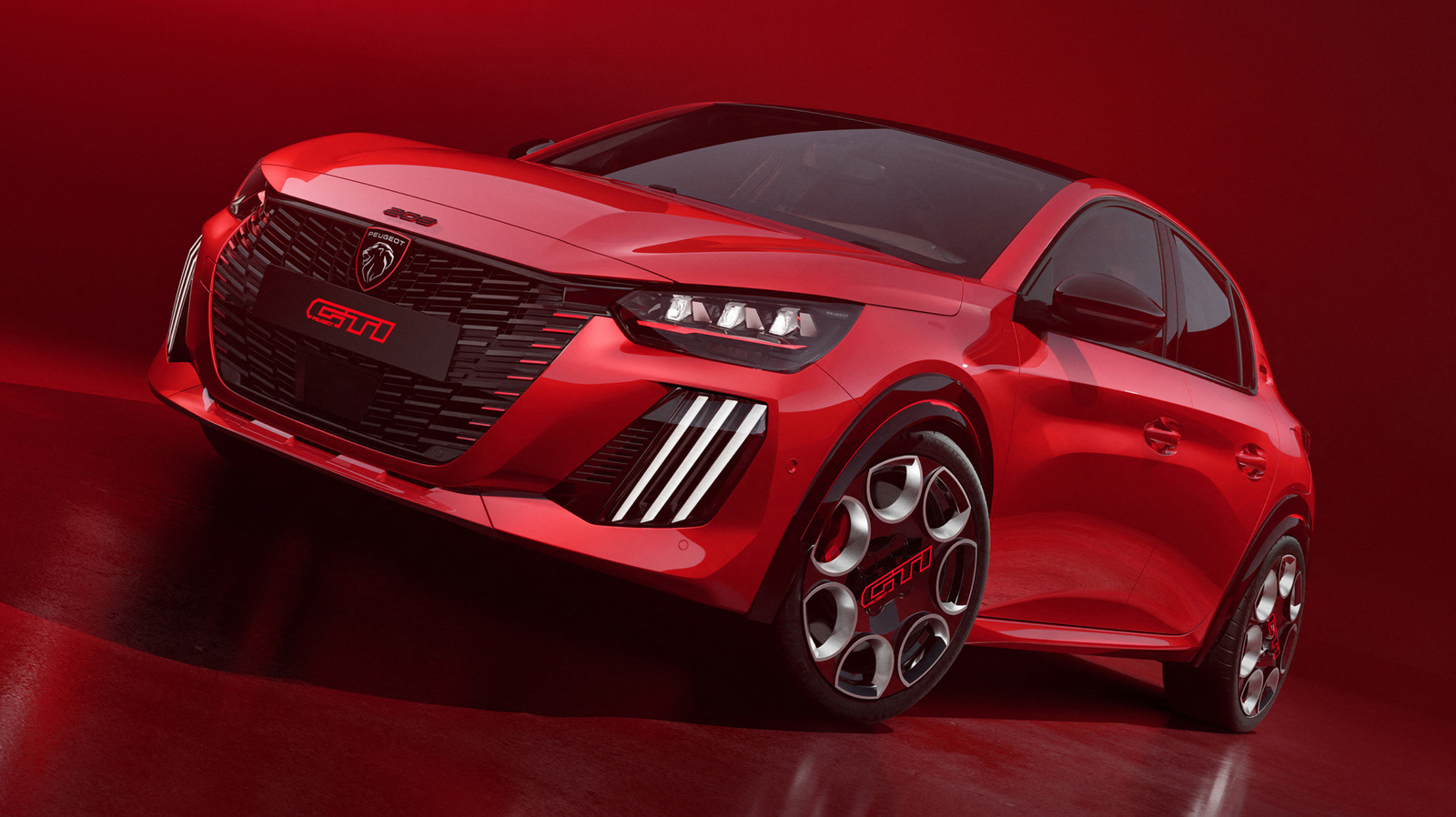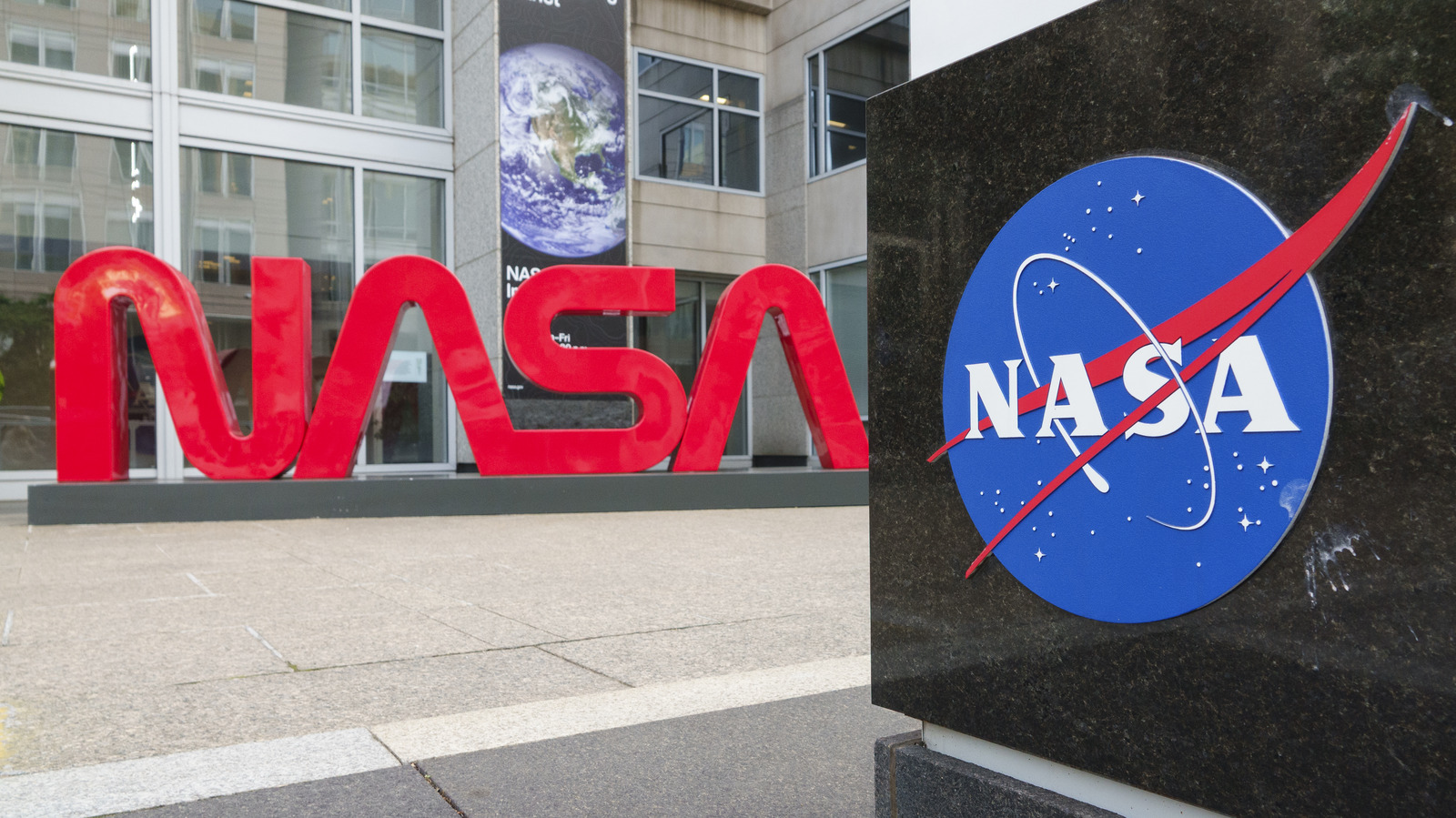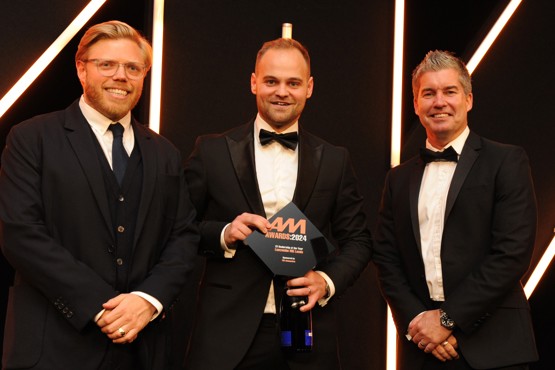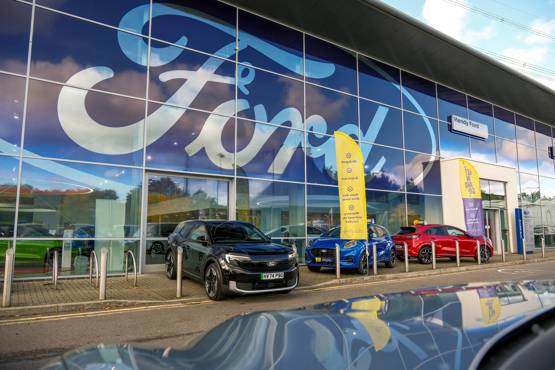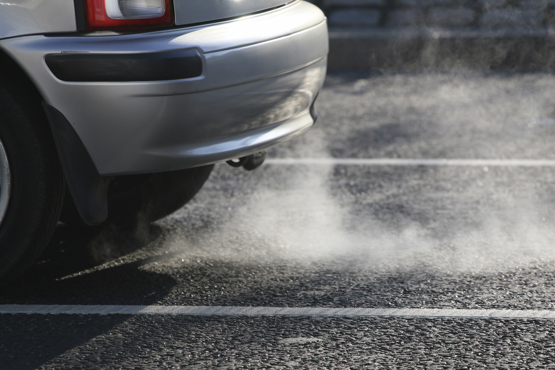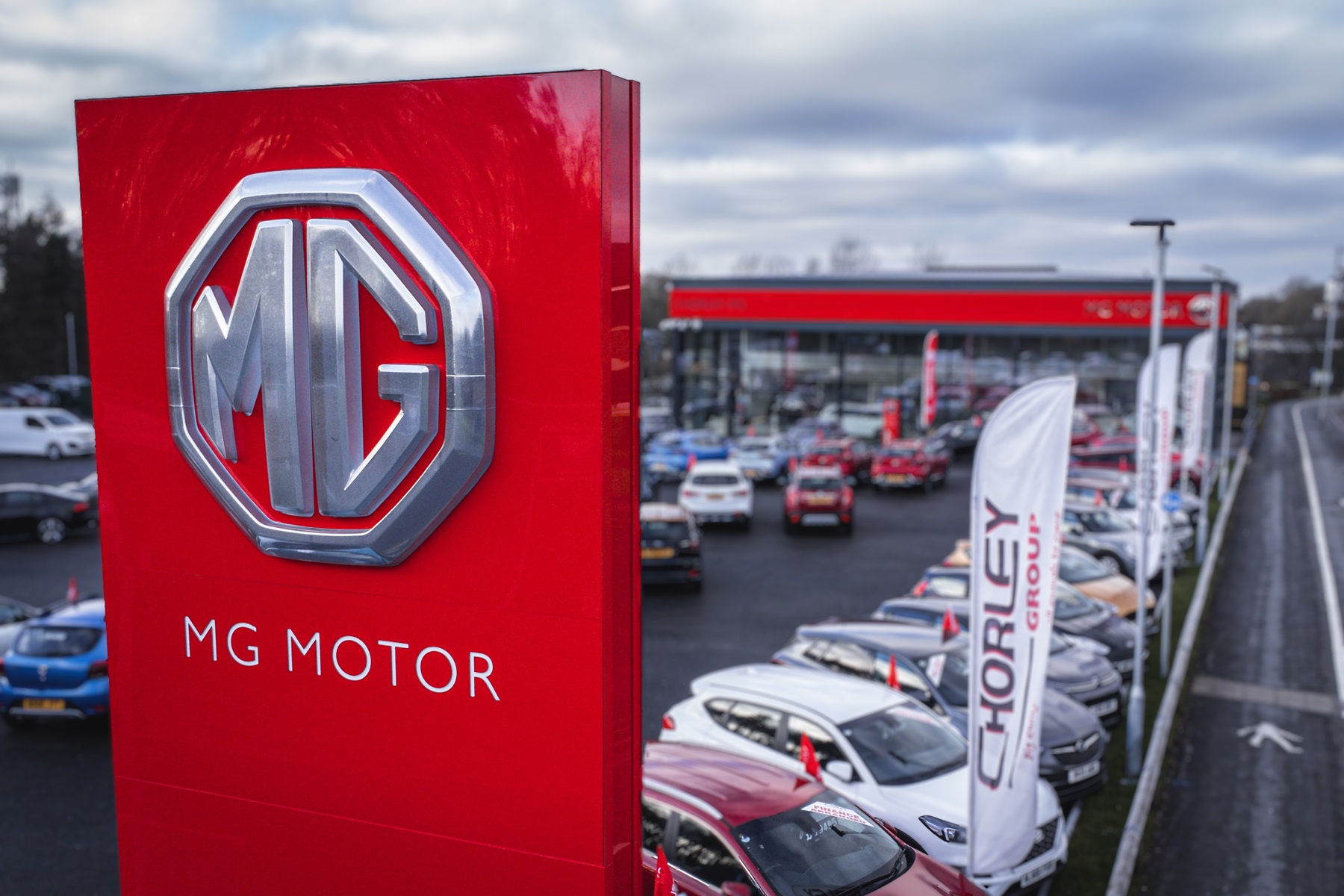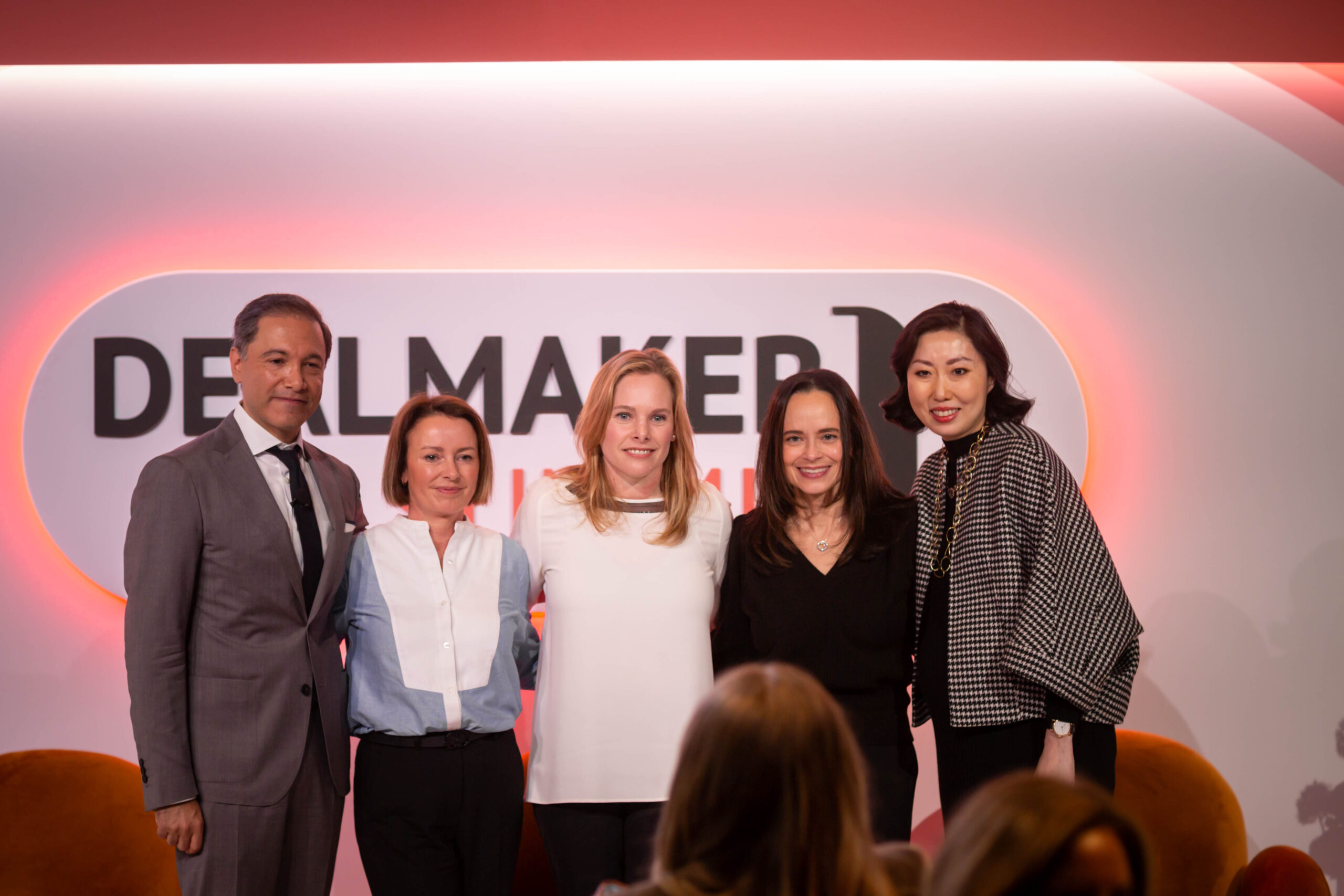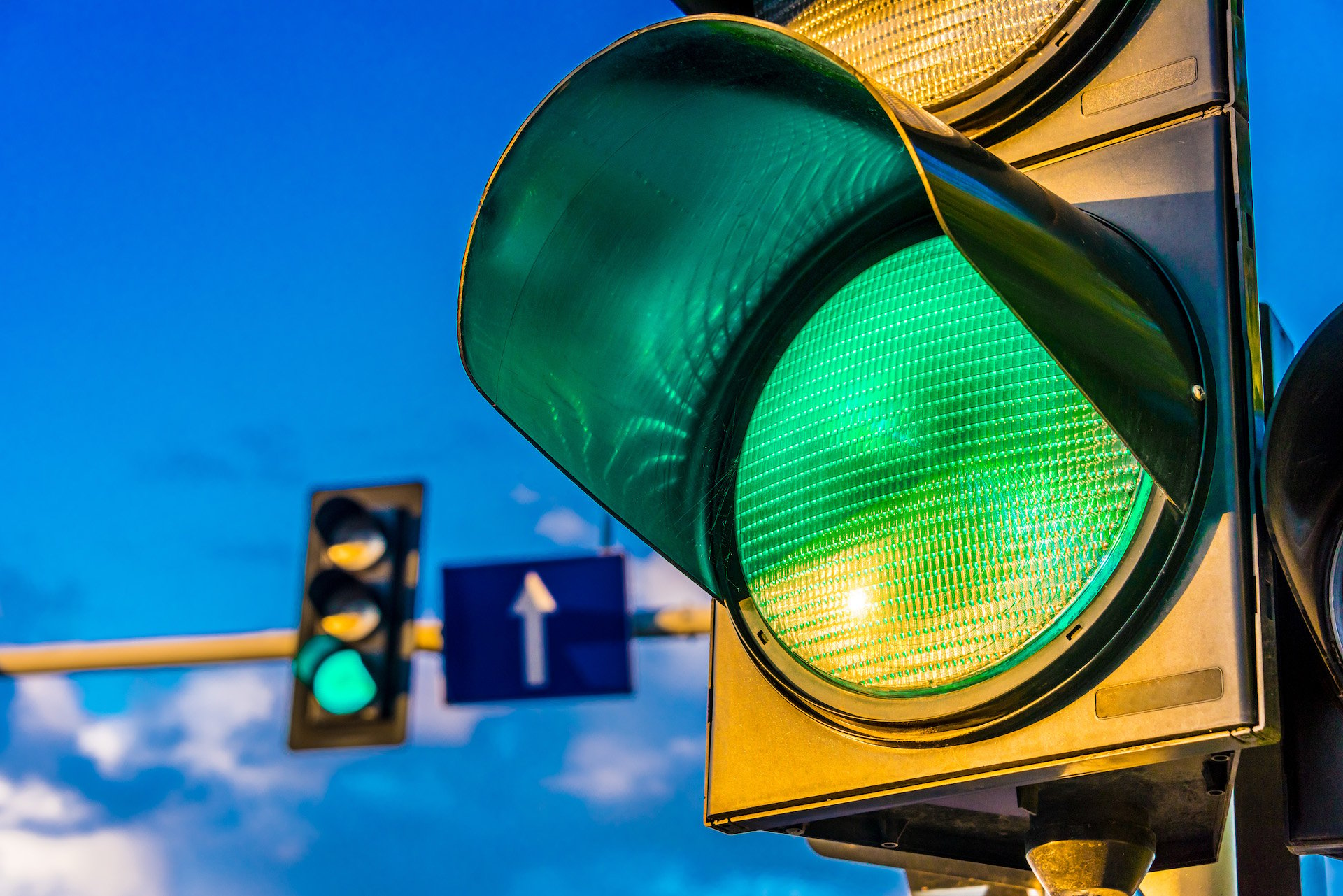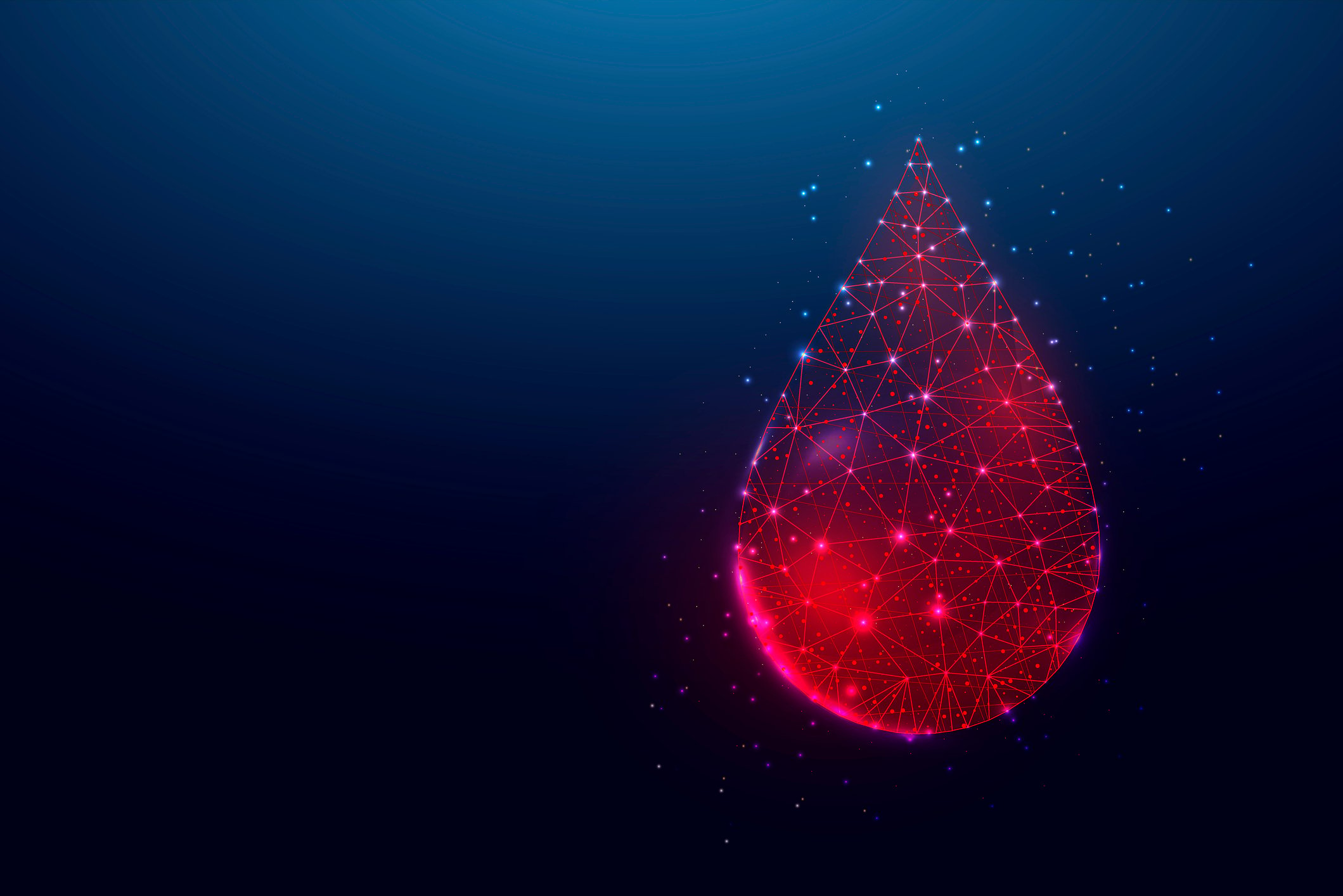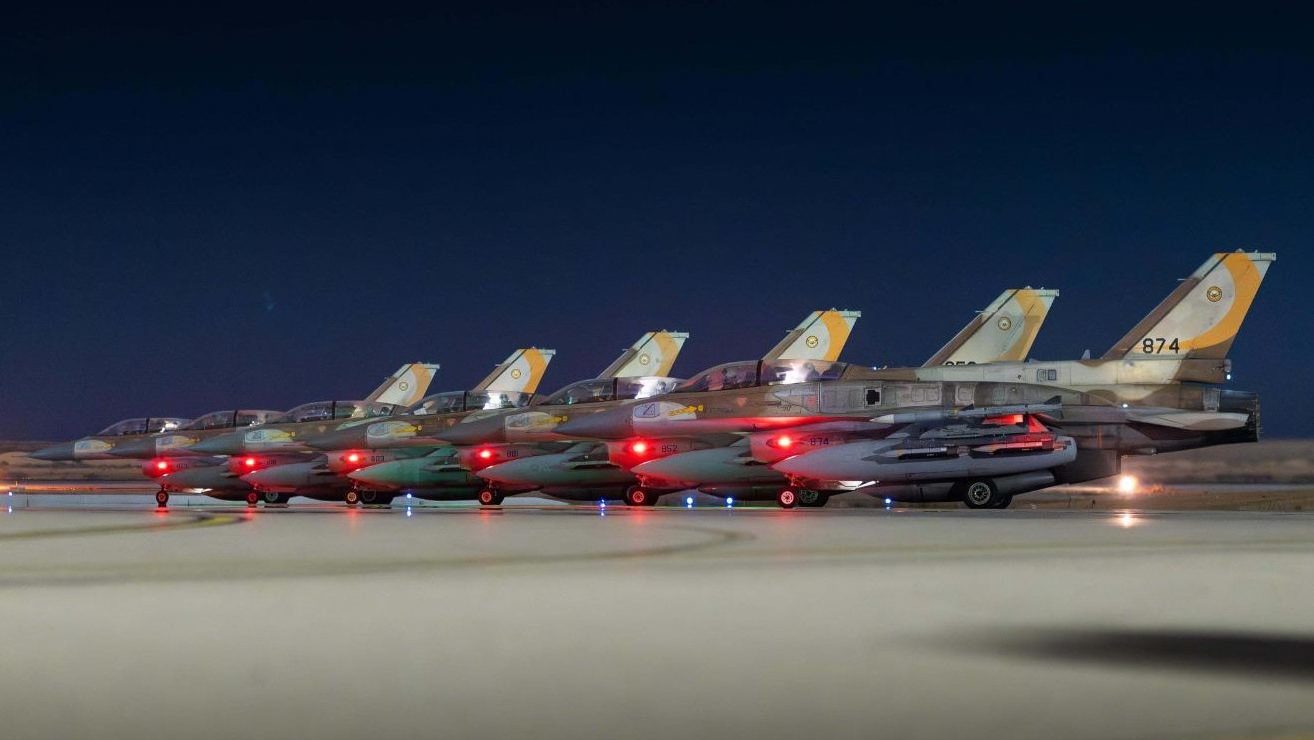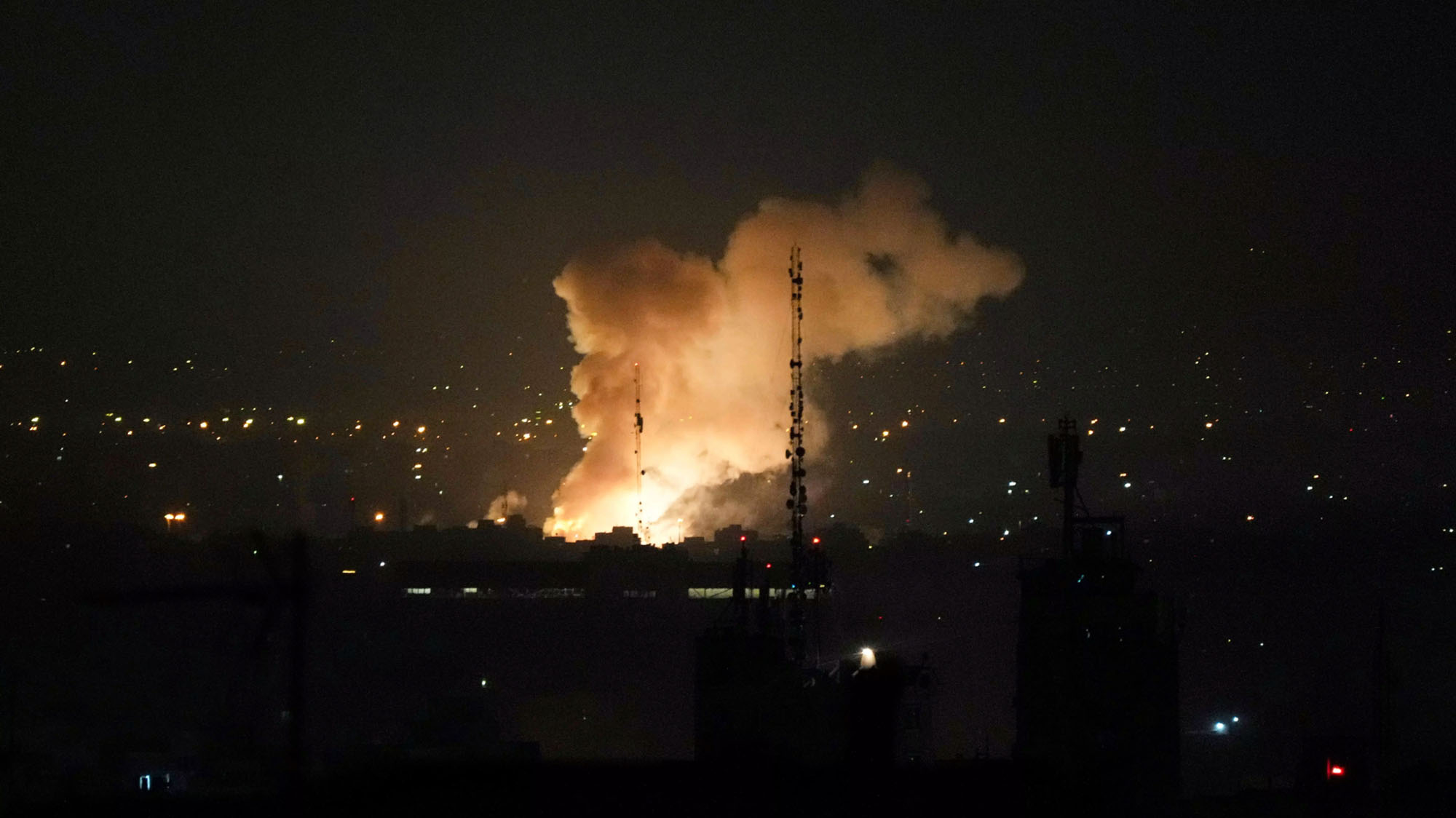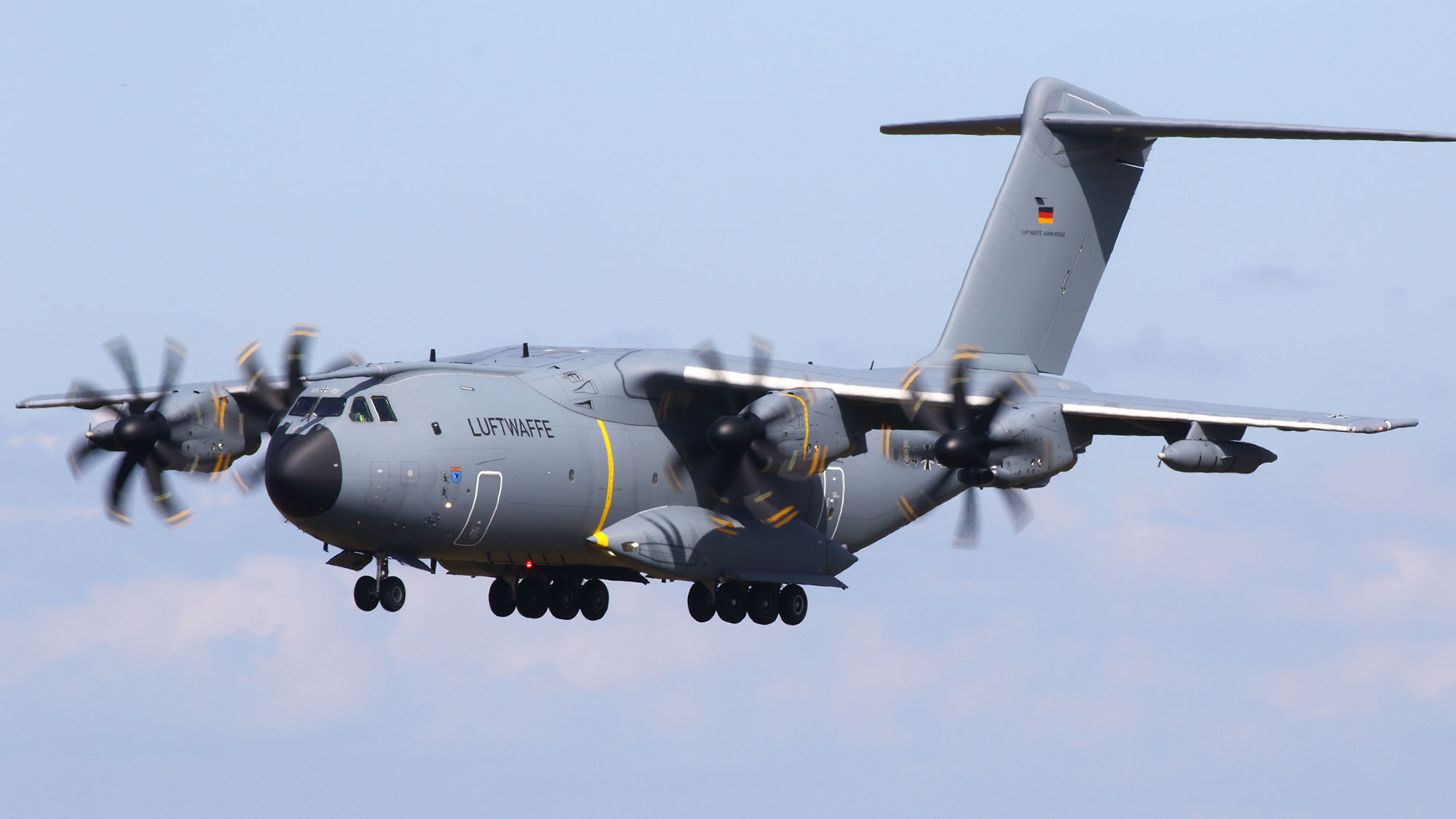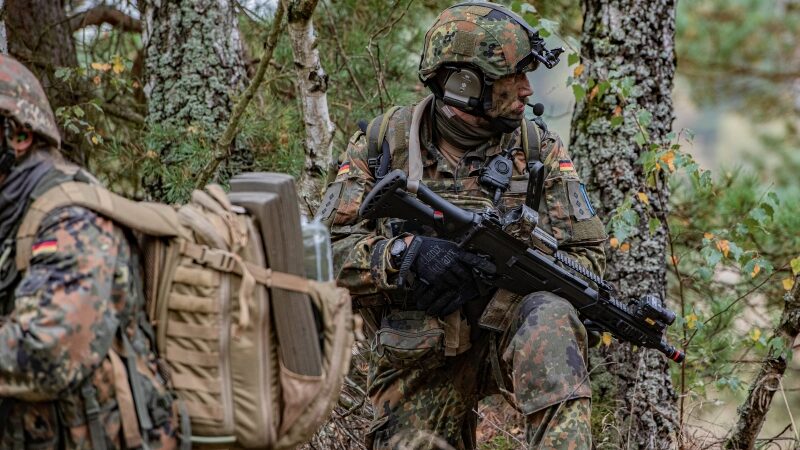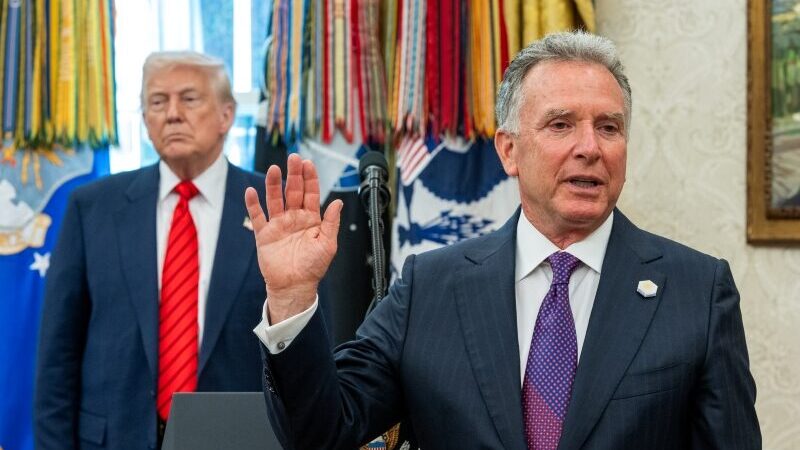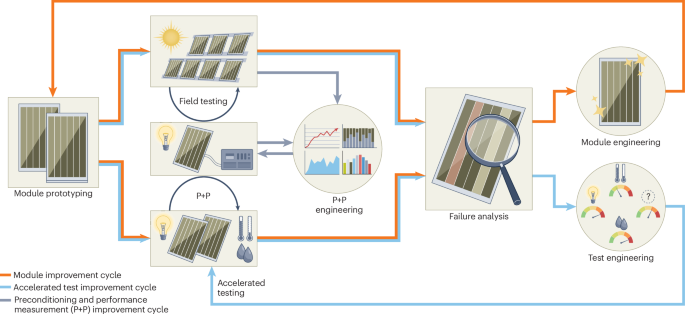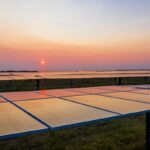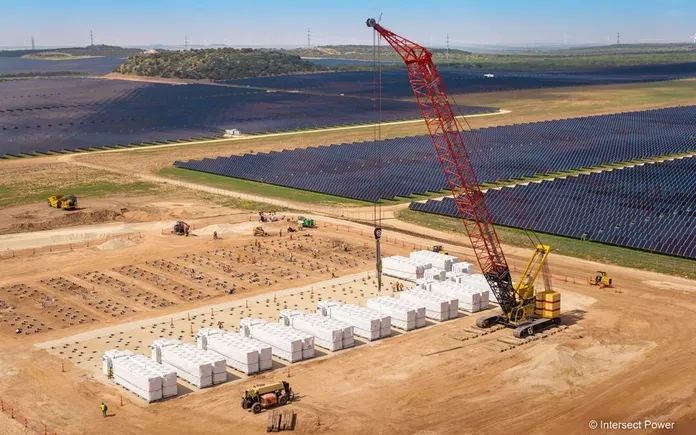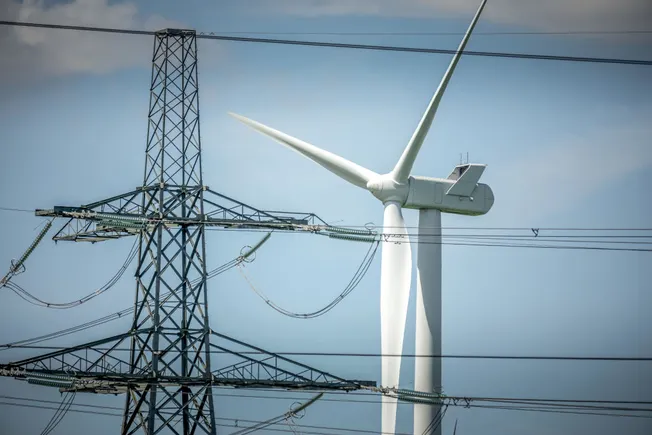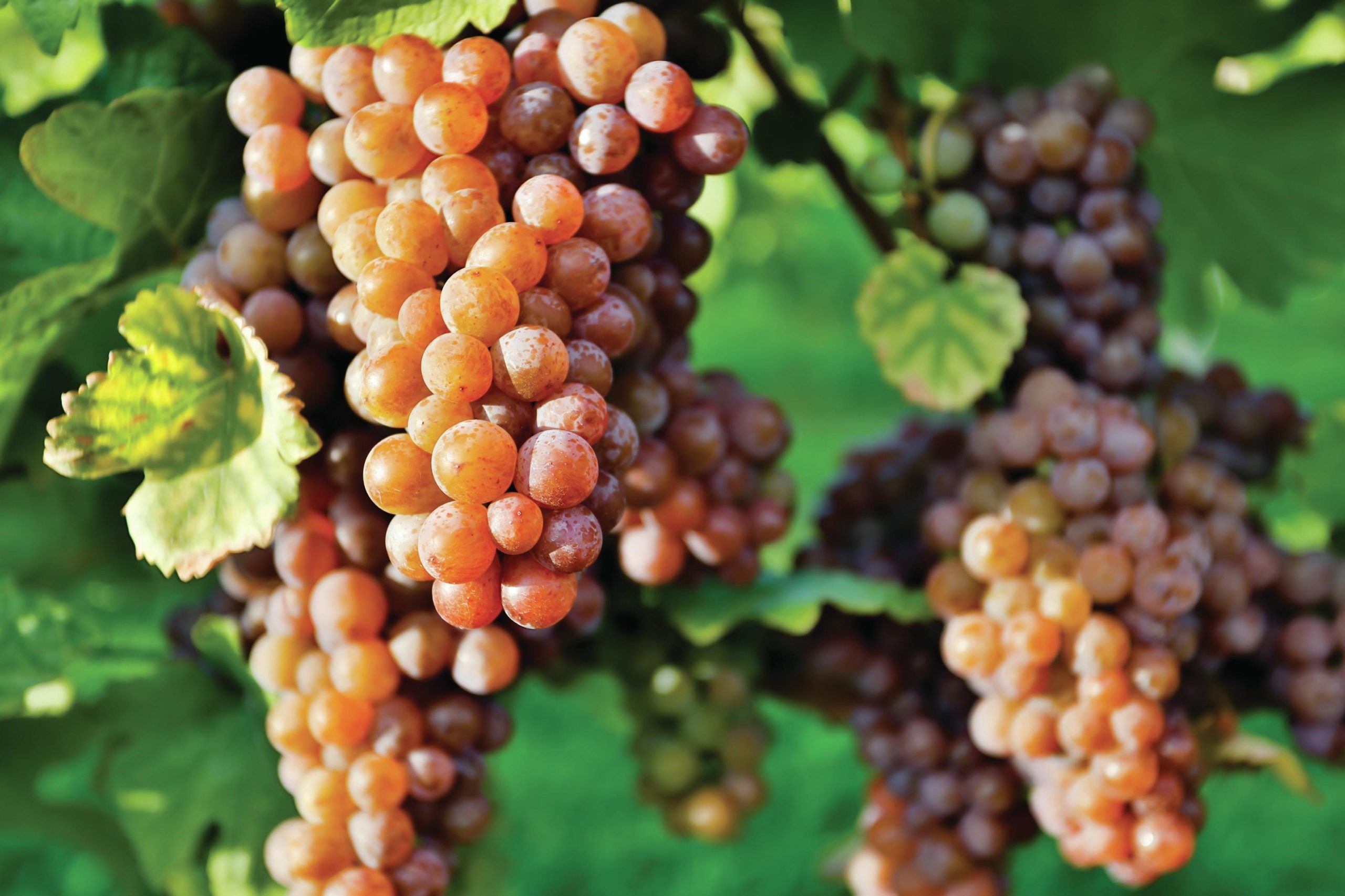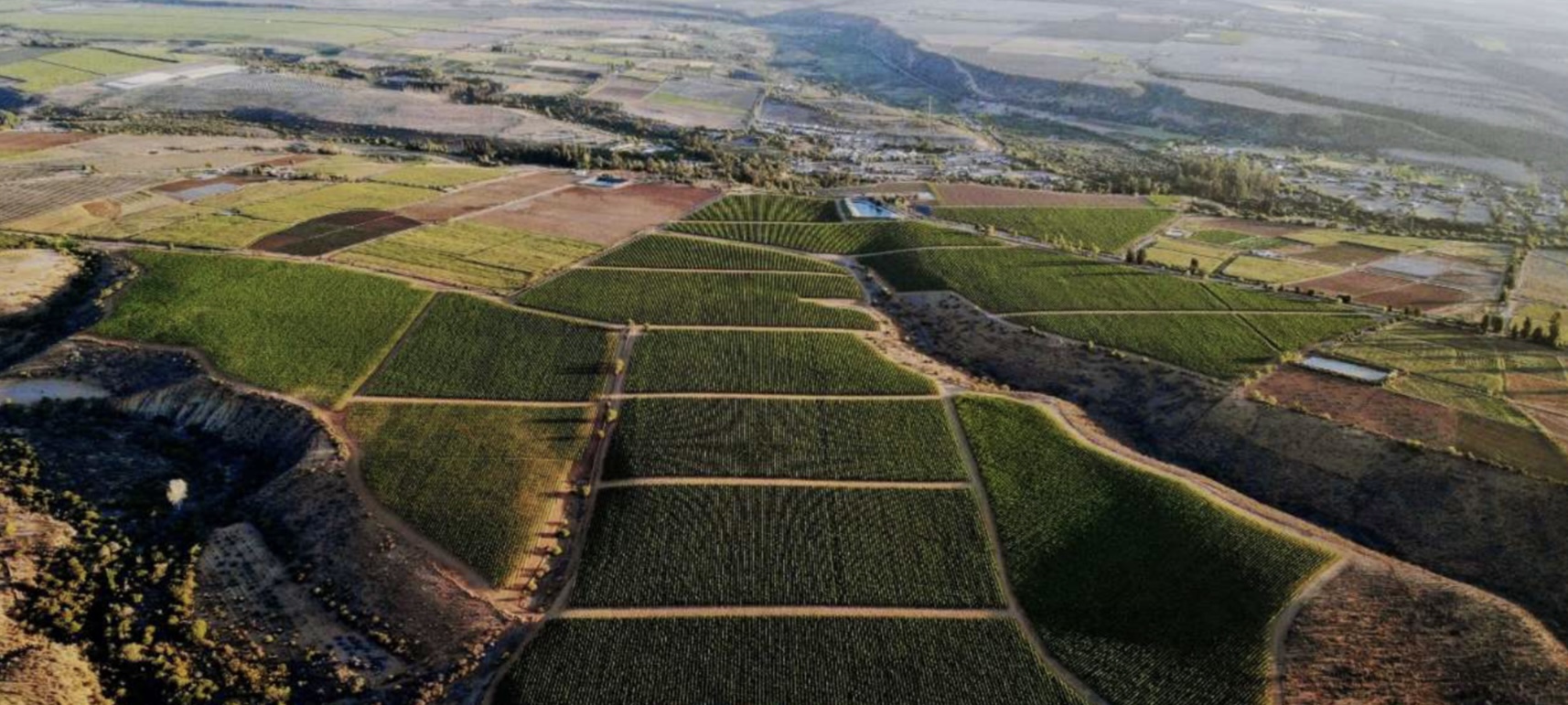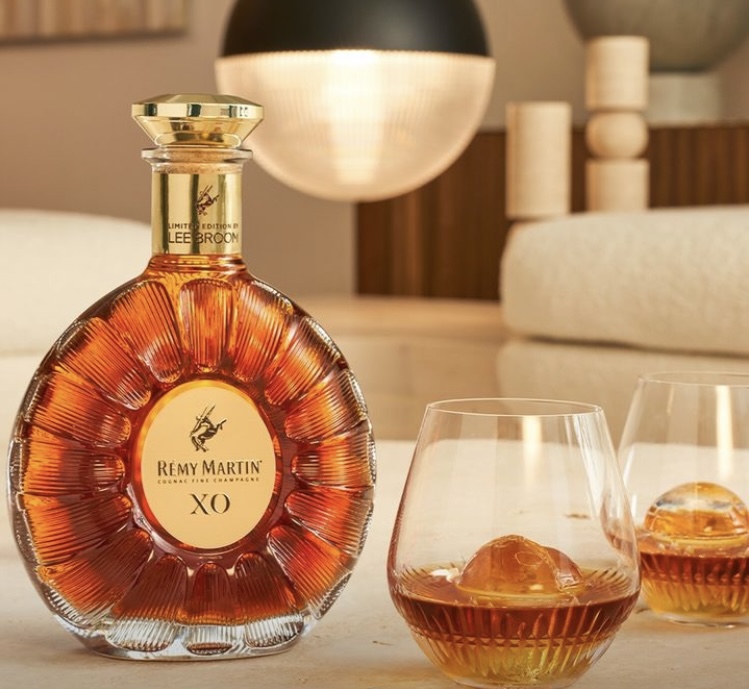A winegrowing project between Frescobaldi and the Penal Institute on Gorgona, an island in the Tuscan Archipelago, has been helping to rehabilitate inmates for more than a decade. db can exclusively reveal that the agreement has now been extended until 2050.
With only four years left until the expiry of the original agreement, interested parties had to face tough decisions about whether to keep going with the Gorgona wine project, a collaboration between Italian producer Marchesi Frescobaldi and inmates at the Gorgona Penal Institute. In 2014 a 15-year agreement was signed that would see a handful of inmates spend the final stretch of their sentences working in the vineyard in order to produce a white wine. This year, the Gorgona project completed its 13th harvest, and questions were raised about whether and how much to invest in keeping the initiative afloat.
Now db can reveal that the partnership will continue until 2050.
The benefits are twofold. Those consumers quick enough to get their hands on a bottle (only 9,000 are made each year) are able to try Gorgona, a white blend of Vermentino and Ansonica. And on good years, Gorgona Rosso, a red blend of Sangiovese and Vermentino Nero. Secondly, through the scheme prisoners acquire professional viticulture skills and receive a regular salary for their work in the vineyards, allowing them to build a financial foundation for their life ahead when they leave prison.
Social reform
The social reform element certainly appears to be authentic. Rather than opening the opportunity up to everyone and scaling up production, a very small number of inmates are hired, meaning training is virtually 1-1, and their experience hands-on and intensive. Marta Sobrino, who handles communication for the Gorgona project, confirms that currently only three prisoners are taking part.
"They are involved in the project for a maximum of two years and after that, even if they are good workers, they give their place to other prisoners," she tells db. "Prison director Giuseppe Renna personally selects the inmates who show the best behaviour to take part in the project."
Inmates are schooled up in viticulture techniques by chief winemaker Nicolò d'Afflitto and his team of oenologists in the island's small 2.3-ha sea-facing vineyard. They are directly employed and salaried by the Marchesi Frescobaldi wine company, which reached revenues of €166 million euros in 2023.
Yesterday, Lamberto Frescobaldi, president of Marchesi Frescobaldi, uncorked the first bottle of Gorgona 2024 on the island itself, which is the last remaining penal colony in Europe. Calling the wine "a symbol of hope and freedom", he added: "It’s easy to fall in love with working in wine and in the vineyard – perhaps more so than in many other fields. And when wine is the product of a project like this one, there is every reason to be proud."
According to Frescobaldi, the Gorgona project has "a real impact, because when sentences are served and people return to society, they do so with tools that help them rebuild their lives."
The experience offers not only vocational training, but also "a deeply human journey – one that supports social reintegration through the dignity of work and the transformative power of beauty."
The wines
Grown organically in iron-rich soils, and vinified in amphorae, Gorgona Blanco 2024 has aromas of honeysuckle, bergamot, citrus and tropical fruits, as befits the Mediterranean island. Herbal hints of rosemary, sage and helichrysum lead to a slightly saline, iodine-rich finish.
The 2024 growing season was "marked by a mild winter—one of the warmest in recent years—and frequent rainfall between autumn and spring," says Sobrino. "A notable temperature drop occurred in September and as a result, the harvest was later than usual. Vermentino was picked in the second week of September, and Ansonica in the second week of October."
Moreover, the modest production of Gorgona (9,000 bottles, up from 2,700 bottles for its first vintage) is intentional in order for the Costa Toscana IGT wine to be "a symbol of winemaking excellence, environmental respect, and social responsibility", Sobrino adds. Practices such as "green manuring" help to keep the soil fertile and full of life.
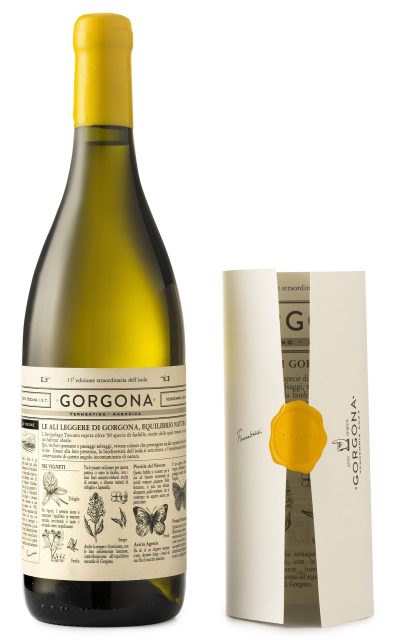
Butterfly effect
Each vintage of Gorgona sports a new label, which this year is inspired by the 50 butterfly species native to the Tuscan Archipelago. These "light wings" include Pieris napi, Aricia agestis, and Pararge aegeria and have been brought to life by Studio Doni & Associati, a leading wine label design studio. Not only do they represent biodiversity in the vineyard but also the return of the inmates to the workforce and to society.
In terms of commercial value, Gorgona wines are distributed in Italy, the US, the UK (via importer Enotria & Co), and Switzerland, with an average retail price of £100. It also made it onto the wine list at Enoteca Pinchiorri, the Florence restaurant helmed by renowned chef Giorgio Pinchiorri, where dishes include cuttlefish in Parmigiano Reggiano milk, fermented lemon and green beans with chimichurri.
The wine also has a smattering of celebrity fans. Andrea Bocelli once described the island of Gorgona as "Aphrodite's wildest and most radiant pearl", and the classical singer in fact signed the label of Gorgona's first vintage. The singer is currently
making inroads in Napa Valley with his own wine range Bocelli1831.
